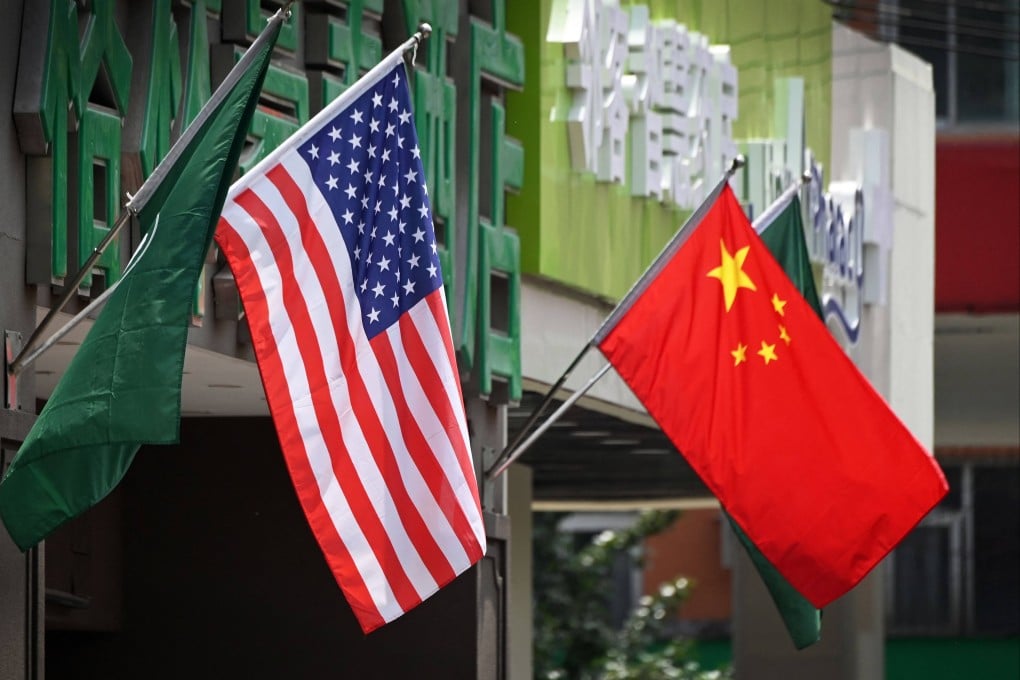Advertisement
US-China relations: Beijing could face double threat from tariffs and Indo-Pacific pact
- Economist Zhong Zhengsheng says the US might use tariffs in concert with the IPEF economic framework to restrict China’s economy
- Though analysts expect the removal of some US tariffs on Chinese goods, that could be coupled with a new probe into industrial subsidies
Reading Time:3 minutes
Why you can trust SCMP
4

China should brace for a scenario where the US leverages both tariffs and the new Indo-Pacific Economic Framework (IPEF) to contain the country, according to a Chinese expert, despite talk of an imminent tariff rollback.
US President Joe Biden has been mulling the possible removal of some tariffs on Chinese imports in a bid to help curb soaring inflation in America, and there are reports that a decision could come as soon as this week.
Zhong Zhengsheng, chief economist at Ping An securities, said tariffs could still be used by Washington as a bargaining chip in the trade relations with Beijing, especially as inflation expectations were falling in the US.
Advertisement
Furthermore, the Biden administration might use tariff measures in concert with the IPEF economic framework to squeeze China’s economy, he said.
The US might use [tariffs and the IPEF] at once and attach importance to both
“We need to keep an eye on this … the US might use [tariffs and the IPEF] at once and attach importance to both,” he said at a webinar held by the think-tank China Macroeconomy Forum on Wednesday.
Advertisement
Advertisement
Select Voice
Select Speed
1.00x